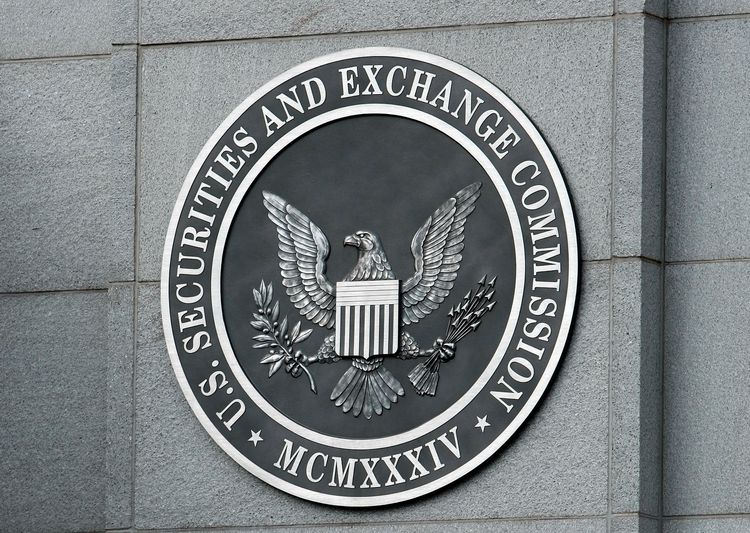The recent issuance of a Wells notice to Uniswap Labs by the United States Securities and Exchange Commission (SEC) has ignited a significant discussion regarding the liability of open-source code developers and the protections afforded by free speech. This action is part of a broader investigation into the marketing practices and investor services of Uniswap, a leading decentralized cryptocurrency exchange (DEX).
Understanding the Legal Challenge Against Uniswap Labs
On April 10, Uniswap Labs was formally alerted by the SEC of impending enforcement actions, casting a shadow over the realm of open-source software development. This development has particularly resonated within the cryptocurrency community, where decentralized and permissionless innovations like Uniswap operate. Uniswap Labs is recognized for its role in developing the software that underpins the Uniswap exchange, facilitating peer-to-peer trading without centralized oversight.
The Debate Over Code as Free Speech
The SEC’s focus on Uniswap raises complex questions about whether developers can be held accountable for the actions that occur on platforms they’ve created but do not control. It also challenges the notion of code as a form of free speech. Advocates from the tech community argue that publishing open-source code should be protected under free speech, suggesting that the regulatory body may be overstepping its boundaries by implicating code developers for the platform’s use.
Potential Implications for Developers
This situation has stoked fears among developers that contributing to open-source projects could unexpectedly expose them to legal risks. The ongoing debate highlights a fundamental concern: can developers safeguard themselves against prosecution by ensuring their code remains immutable and operates within smart contracts? Such measures might offer a layer of protection, emphasizing the non-tamperable nature of blockchain technology, where once deployed, the code cannot be altered.
Legal Precedents and Future Considerations
As the SEC continues to navigate the rapidly evolving landscape of digital assets, the outcome of this case could set a precedent for how software developers are treated under U.S. securities laws. The challenge lies in balancing regulatory oversight with fostering innovation within the tech industry. Moving forward, it will be crucial for regulators and the crypto community to engage in dialogue to clarify these legal and ethical boundaries.
